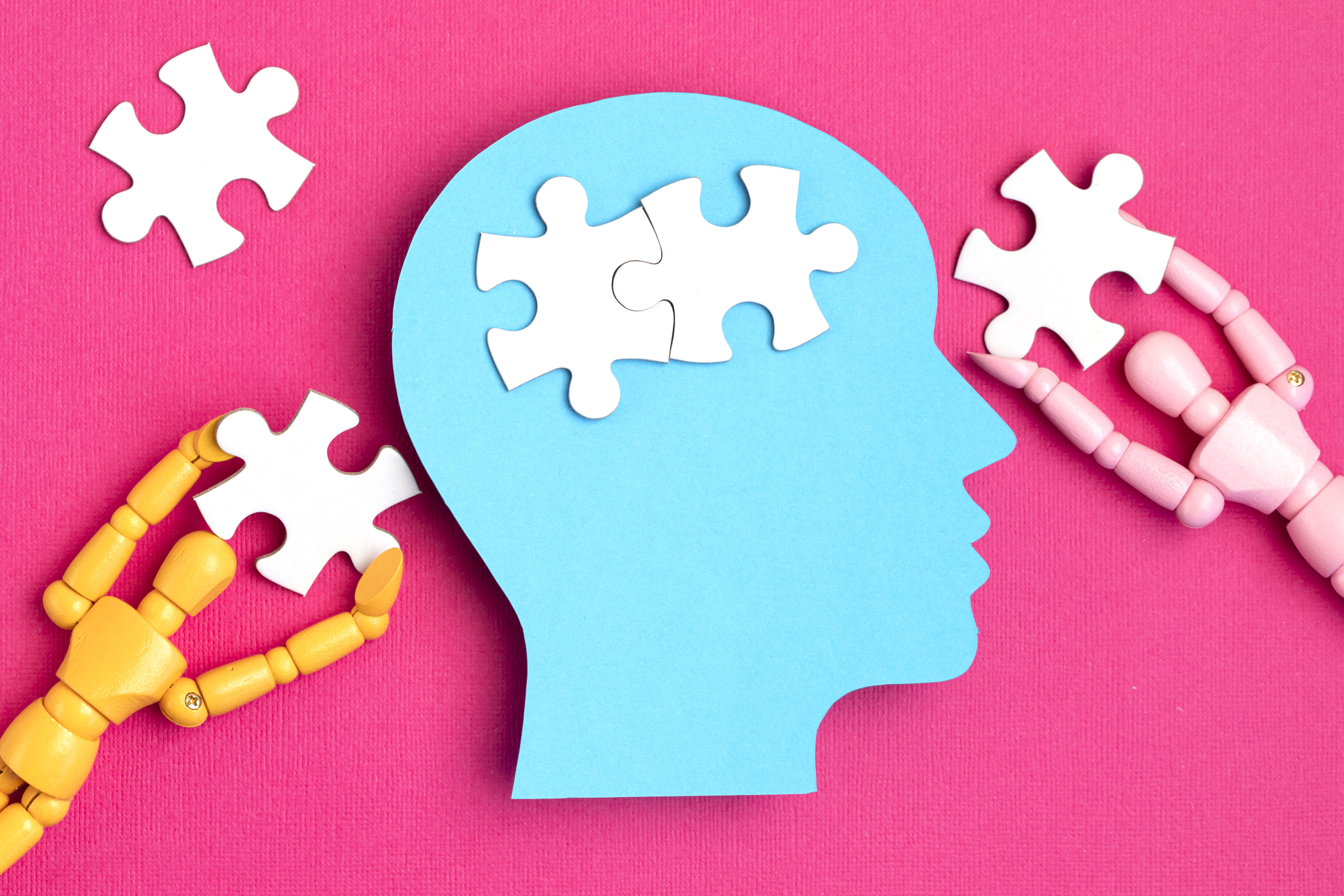In a world that moves at an unrelenting pace, mental health remains a crucial aspect of our overall well-being, often misunderstood and overshadowed by physical health. Yet, understanding and nurturing our mental health is just as vital as caring for our physical well-being. This comprehensive guide aims to demystify mental health, debunk common myths, and encourage a more informed and proactive approach to mental wellness.
What is Mental Health?
At its core, mental health encompasses our emotional, psychological, and social well-being. It influences how we think, feel, and behave in daily life. It also affects our ability to cope with stress, overcome challenges, build relationships, and recover from life’s setbacks and hardships.
Contrary to some beliefs, mental health issues are not uncommon or a sign of personal failure. In fact, the World Health Organization states that mental health conditions are among the leading causes of disability worldwide, affecting millions of people and transcending age, race, and socioeconomic statuses.
Common Misconceptions About Mental Health
One prevalent myth is that mental health problems are rare and happen to someone else. However, statistics reveal a different story; nearly one in five adults live with a mental illness. Another misconception is viewing mental health issues as a result of personal weakness, when in reality, they are complex conditions that arise from a mix of genetic, biological, environmental, and psychological factors.
Signs of Good Mental Health
Good mental health doesn’t just mean the absence of mental health problems. It also reflects qualities such as the ability to enjoy life, resilience in the face of adversity, balance between different life aspects, flexibility to adapt to changes, and the capacity to build and maintain fulfilling relationships.
The Spectrum of Mental Health Conditions
Mental health conditions encompass a wide range, including but not limited to, anxiety disorders, mood disorders like depression and bipolar disorder, schizophrenia, and eating disorders. Understanding the diversity and treatability of these conditions is crucial in fostering a supportive environment for those affected.
Factors Influencing Mental Health
The determinants of mental health are multifaceted, involving a delicate interplay of genetics, brain chemistry, life experiences, and environmental factors. Stressful work conditions, unhealthy lifestyle choices, and traumatic life events can negatively impact mental health, whereas supportive environments, healthy relationships, and positive coping mechanisms can enhance it.
Steps to Improve Your Mental Health
Improving your mental health can be a journey of small steps. Engaging in regular physical activity, maintaining a balanced diet, getting adequate sleep, practicing stress reduction techniques, and staying connected with loved ones can all contribute to better mental health. Perhaps most importantly, seeking professional help when needed is a sign of strength and an essential step in the journey to recovery.
The Importance of Seeking Help
Encouragingly, most mental health conditions are treatable, and there is a multitude of therapeutic approaches available, from medication to psychotherapy. Seeking help is a crucial first step toward healing and recovery. Resources such as mental health professionals, support groups, and crisis hotlines are invaluable for those seeking help.
Embracing Unity for Mental Wellness
In embracing the journey towards mental health awareness and support, we recognize the essence of our collective mission at For the Love of Ryan. Together, we stand committed to dismantling the barriers of stigma and misinformation, guiding individuals towards understanding, compassion, and healing. It is through our shared stories, resources, and unwavering support that we pave the way for a future where mental wellness is prioritized and accessible to all. Join us in this vital cause, for in unity, we find strength and hope.








